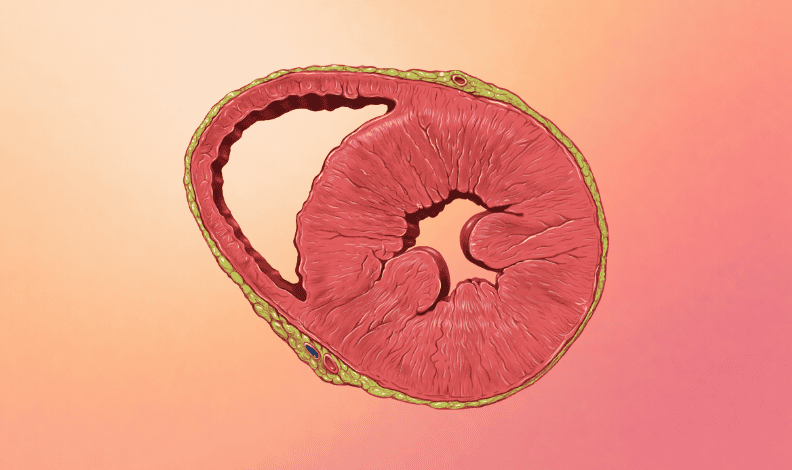The cardiology community is revisiting the controversial 2018 REDUCE-IT study in light of new evidence that suggests the study’s placebo, mineral oil, is harmful.
REDUCE-IT researchers originally found that icosapent ethyl (IPE), a fish oil product, reduced the risk of major adverse cardiac events (MACE) in high-risk statin users. Researchers randomized 8,000 participants into an IPE group and a mineral oil placebo group, and tracked them over five years.
The researchers determined that IPE reduced the relative risk of MACE by 25%, shocking the cardiology community. Some wondered if the differences in risk reduction were driven by adverse effects from mineral oil rather than the benefits of IPE.
In the latest analysis, researchers used stored blood samples from the 2018 REDUCE-IT trial to investigate important biomarkers and compounds in the inflammatory cascade. The IPE group had no significant changes over time. However, the mineral oil group saw increases in the following atherosclerosis-associated biomarkers:
- 16.2% for interleukin-6
- 28.9% for interleukin-1β
- 21.9% for high-sensitivity C-reactive protein
- 18.5% for lipoprotein-associated phospholipase A2
The authors were noncommittal when discussing how these findings should influence the original study’s conclusions. But electrophysiologist and This Week in Cardiology host John Mandrola, MD, said the authors were being “extremely cautious,” adding, “It isn’t the [IPE] that drove the results of REDUCE-IT, it was the harm of the control arm.”
Deepak L. Bhatt, MD, lead author of the REDUCE-IT study and senior author of the recent substudy, is unconcerned by the findings. In an interview with TCTMD, Bhatt explained that without the mitigating effects of IPE, both groups may have experienced worsening biomarkers during follow-up. He points out that the current study does not provide any true mechanistic insight.
The Takeaway
The REDUCE-IT trial established fish oil product IPE as a crucial heart disease deterrent. But new evidence suggests that the placebo may have inadvertently increased heart disease risk factors, bringing the landmark study under scrutiny once again.





